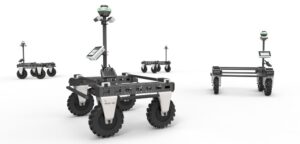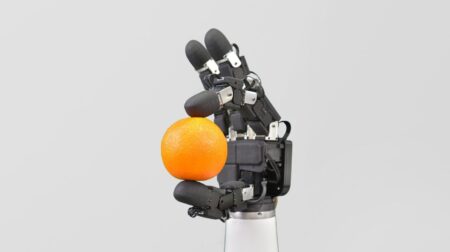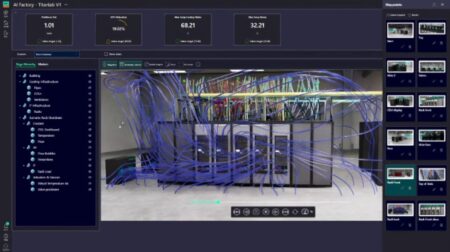Farming robotics developer Farm-ng has announced that the company has completed its Series A funding round, raising more than US$10m (£7.8m) to further develop the Amiga robot for agriculture.
Amiga is an agriculture robot built for multiple environments, tasks and crops. According to its creator, its open and extensible software allows for integration into farming applications and customisation through developers and partners.
Watsonville, California based Farm-ng said its modular electric robot and onboard AI computer are intended to be affordable and adaptable, to help small to midsize farms be more productive, profitable and sustainable.
Ethan Rublee, founder and CEO of Farm-ng, said: “This Series A funding will enable us to accelerate manufacturing to meet market demand, fund the development of more autonomous farm capabilities, scale our go to market, and develop an ecosystem of applications that help farms thrive for generations to come.
“At Farm-ng, we are committed to cultivating a future where everyone has access to healthy food grown in an ecologically and economically sustainable way.”

In less than 18 months, farms globally have reportedly deployed more than 100 Amigas.
They execute tasks ranging from seeding, precision spraying, pest management and compost spreading to phenotyping and geo-tagged data collection, visualisation and analysis, Farm-ng reported.
Acre Venture Partners led Farm-ng’s Series A round with participation from Xplorer Capital, HawkTower and 10 other institutional and individual investors.
The global market for agricultural robotics could expand from US$14.97bn (£11.72bn) in 2024 to US$27.71bn (£21.70bn) by 2029 at a CAGR of 13.1%, Mordor Intelligence has predicted.
Similarly, Expert Market Research forecast a CAGR of about 16.7%, from US$7.21bn (£5.65bn) in 2023 to $28.96bn (£22.67bn) by 2032. It cited robotics applications in field farming and the management of dairy farms, other livestock, soil and crops as key drivers of this growth.









